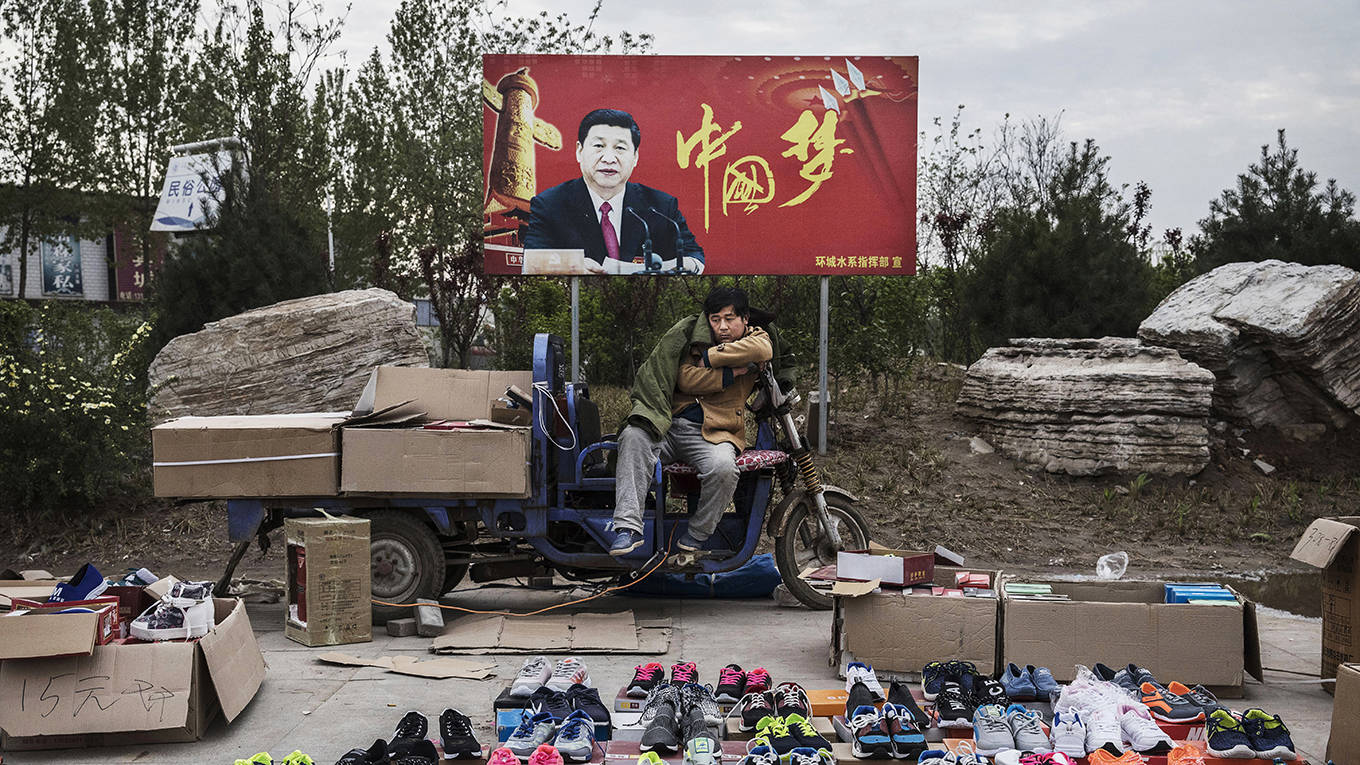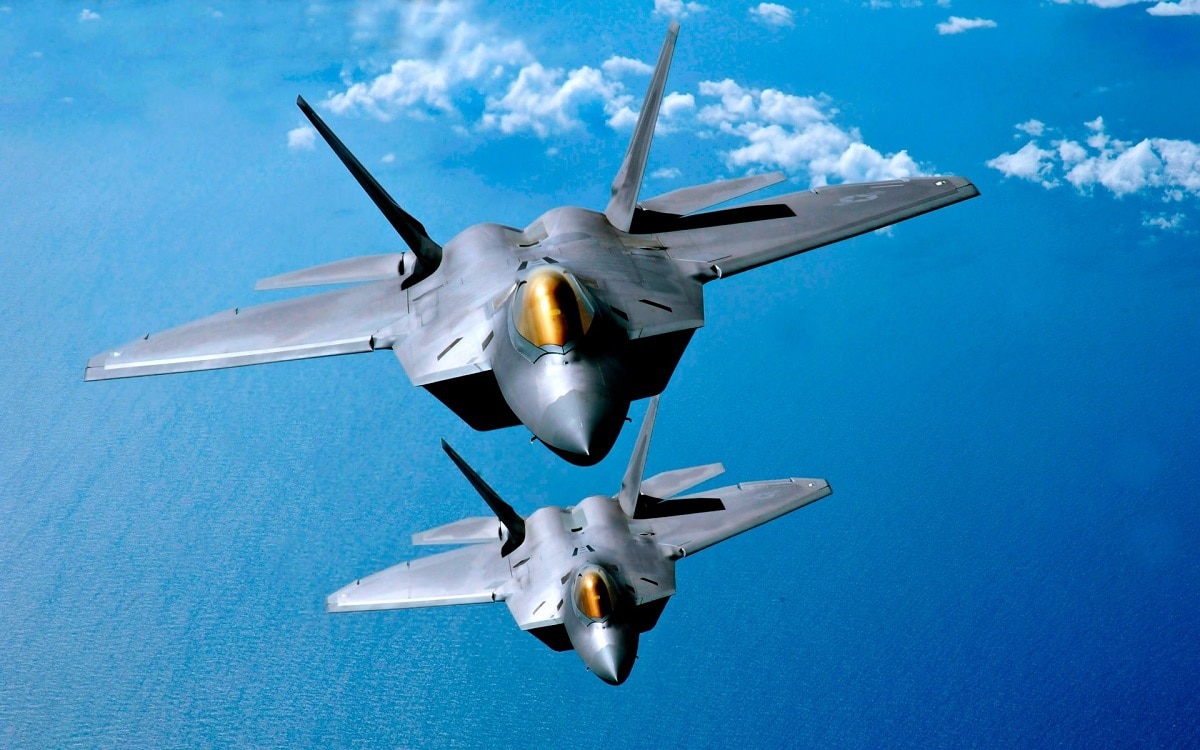Good evening, everyone. It’s great to be here in Singapore, and it’s an honor to be giving what I’m told is the 40th Fullerton Lecture. IISS has done an outstanding job enriching our dialogue about the Indo-Pacific. And James, thanks to you and John for all that you’ve done to make this event possible. It’s also great to see Senior Minister Teo and Minister of Defense Ng —thank you both for your hospitality.
Now, we are meeting in difficult times… but we’re working with our friends so that we all come out of the pandemic stronger than before.
I’m here to represent a new American administration, but also to reaffirm enduring American commitments. And above all, I want to talk about the strategic imperative of partnership.
You know, I learned a core lesson over four decades as a soldier, in peace and in war: Nobody can go it alone, at least not for very long. We are far stronger, and for far longer, when we come together than when we let ourselves be split apart.



















